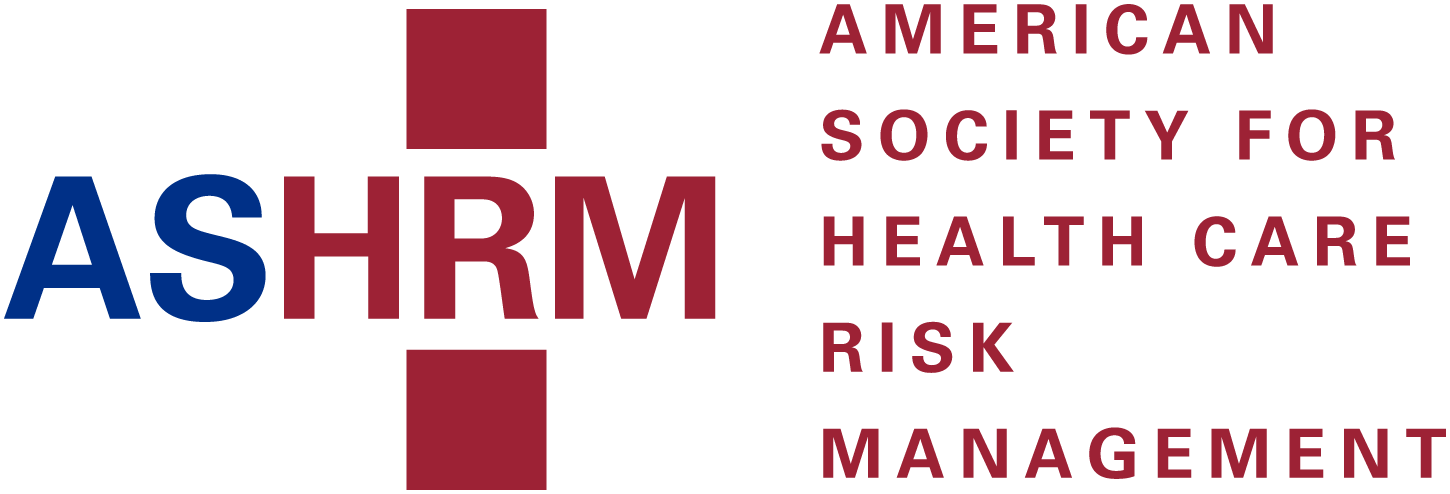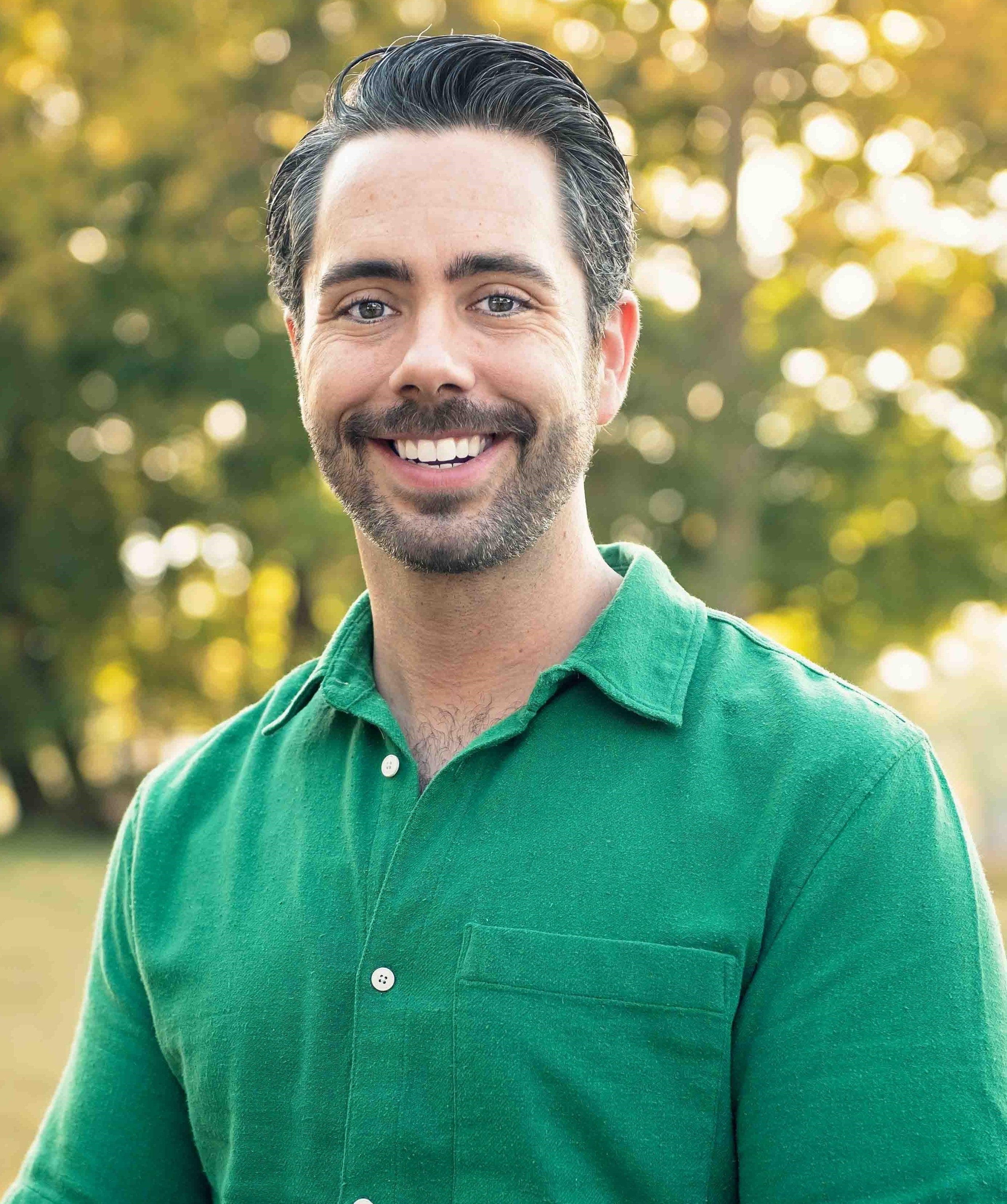
Implementing a Great Catch Program in Assisted Living Settings
Event Format
Date
Wed, Jul 09, 2025, 12:00 PM CDT – Wed, Jul 09, 2025, 01:00 PM CDTType
Event Host

Open To
Description
Event Schedule by Time Zone:
Pacific: 10 AM to 11 AM | Mountain: 11 AM to 12 PM | Central: 12 PM to 1 PM | Eastern: 1 PM to 2 PM
Safety event reporting is important across all care settings. Traditional efforts have focused specifically on acute care reporting of events that reach and/or harm patients. Far too often, robust reporting in post-acute settings including assisted living facilities are not in place. The relatively few existing reporting mechanisms also focus mainly on addressing events that affected residents, causing harm or discomfort. This presentation will note the importance of a great catch recognition program for shifting focus on harm events to near miss events. Additionally, strategies to break beyond the traditional acute care setting and bring safety efforts to other settings will be discussed. Furthermore, methods to engage leaders and staff in the develop, execution, and continued monitoring of a near miss reporting and great catch recognition programs, including the classification of the events themselves and the types of recognition, will be explained.
Learning Objectives:
- Learners will be able to explain how near miss reporting and great catch recognition drive safety improvement across all care settings
- Learners will be able to describe and give examples of key performance indicators (KPIs) that leaders can use to gauge effectiveness of great catch recognition on safety
Learners will understand how to use severity and probable screening tools to categorize potential high-risk events for great catch consideration
| ASHRM CE Credits | 1 |
| CNE Credits | 1 |
SPEAKER:

Chris Barfield, MHIT, RN, CPPS
Patient Safety Advisor III
ECRI
Chris Barfield, MHIT, RN, CPPS, is a Patient Safety Advisor and Consultant for ECRI. He is a registered nurse (RN) with experience in both acute care, and aging and developmental disabilities services. At ECRI, in addition to directly supporting PSO members, he serves on the data and causal teams, and has been a major contributor to the development and execution of Total Systems Safety (TSS), ECRI’s innovative and holistic approach to reliably and measurably reduce preventable harm. Prior to joining ECRI in 2022, he worked in patient safety and performance improvement for a large health system in northwest Ohio.

